Task Forces
At the International Regional Climate Conference - CORDEX 2023, held in September 2023 in Trieste and Pune, the conference sessions brought to light several scientific and technical challenges. These challenges require rapid coordination and strategic planning within CORDEX, as well as collaboration with other WCRP and external communities. Among the identified needs are:
- Regional ocean modeling and climate projections
- Convection permitting modelling
- Machine learning
- CORDEX-CORE CMIP6
- Preparing CORDEX-CMIP7
In these discussions, it was recognised that these challenges require urgent planning and coordination action beyond the existing CORDEX instruments (domain activities, downscaling intercomparison experiments and Flagship Pilot Studies, FPS), so the CORDEX SAT decided to implement a new instrument (Task Force) to address these challenges.
Click on the boxes below for information on the specific Task Force.

Task Forces (TFs) are established as short-term planning actions, lasting up to one year from the time of endorsement, to address rapidly evolving challenges in coordination with other relevant initiatives, where appropriate. The primary goal of a TF is to identify strategic needs and tasks, ultimately developing a proposal of planning steps to implement these activities within the CORDEX framework. This will allow CORDEX SAT to make informed decisions that may involve new instruments, such as working groups.
Endorsement
At the face-to-face meeting of the CORDEX SAT in Santander in September 2024, it was decided to launch the following TFs and to appoint the initiators indicated to implement them:
- Task force on regional ocean modeling and climate projections.
Joint RIfS/CORDEX and CLIVAR/OMDP (Samuel Somot – CNRM/Meteo France and Angélique Melet – Mercator Ocean International) - Task Force on convection permitting modelling
(Stefan Sobolowski – University of Bergen) - Task Force on machine learning (José Manuel Gutiérrez – CSIC)
- Task Force for CORDEX-CORE CMIP6
(Erika Coppola – ICTP and Claas Teichmann – GERICS) - Task Force for CORDEX-CMIP7
(Jesús Fernández - CSIC)
The mandate of the initiators is to organize an initial team of TF members (which may be expanded as needed, with the approval of the TF team) and to appoint two coordinators in agreement with the TF team. The information of the initial team and the coordinators will be reported to the International Project Office for CORDEX (IPOC) together with a description of the TF which will be included in a dedicated CORDEX TF web site (together with the other CORDEX instruments). This information will be provided no later than three months after the formal notification.
Terms of Reference
Task Forces are established by the CORDEX SAT with the nomination of the initiators who have the mandate to build an inclusive team, bringing expertise from the different domains, FPSs and other initiatives (when needed) and nominate two coordinators. The initiators (and later the coordinators) will be responsible for the interaction and communication with CORDEX SAT and IPOC. TFs will not operate on a call basis as other CORDEX instruments, but launched by the SAT when needed in continuous discussion with the CORDEX community.
TF-coordinators play an active role for the coordination of TF activities including, but not limited to, these responsibilities:
- to organise the TF meetings and activities
- to organise the delivery of a proposal of planning steps
- to interact with the various CORDEX regions and FPSs and with the CORDEX Project Office;
- to attend and report to SAT-meetings and other CORDEX meetings when requested.
Individual TF-members have the following responsibilities:
- to contribute to the development of TF strategy and goals, as well as relevant guiding documents
- to foster cooperation and communication within CORDEX and with other initiatives where relevant
Upon completion of its mandate, no later than one year after the approval decision, the coordinators shall submit a final report of the TF to IPOC. This report shall include proposed actions and planning steps and timelines required to address the TF challenges. The CORDEX SAT and IPOC will discuss the recommendations and plans with the TF coordinators and decide on appropriate instruments for implementation of activities (e.g., the creation of a working group for long-term actions).
